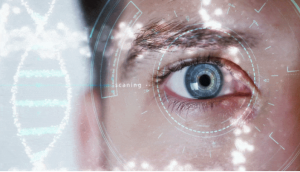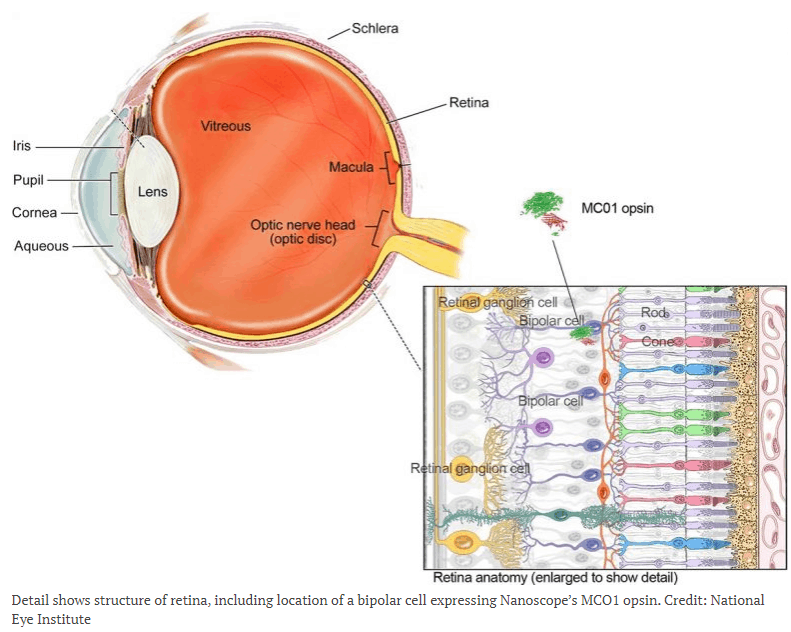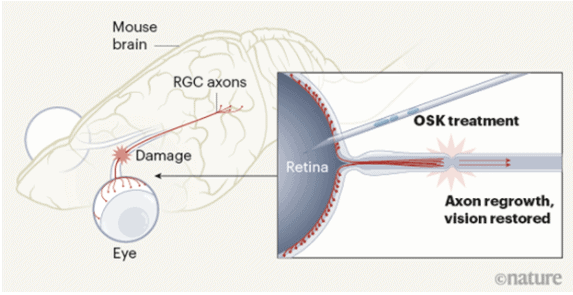3 Blind Mice – maybe not?

In the realm of medicine, healthcare, and bio-science, there is a lot of room for knowledge advancement, simply because this broad field has a very large gap between “what we know” and “what we do not know”. This gap is more frustrating for society than most other scientific knowledge gaps because the bio-science gap can have an immediate, intimate, life and death consequence. It is not uncommon for family members and friends to become distraught, bewildered, and angry, that medical science does not yet have an answer or remedy for a particular malady affecting someone close to them. Scientific knowledge gaps can seem to be less consequential and immediately needed in other fields, like geology or astro-physics, but medical science is a crucial part of our everyday life, and the lack of complete knowledge can easily and often trigger an exaggerated emotional response. Humans are curious, so scientific research keeps moving forward, and on good days there are discoveries and breakthroughs that improve the human condition, helping us to reflect positively on the not-so-good days when we just do not have the answer – yet.

Blindness has never had a “cure”, however recent research using mice with retinal nerve damage has shown that with cell reprogramming, old cells or faulty cells can become “young” again and thus provide these mice with normal vision. The process involves resetting some of the thousands of markers that accumulate on DNA causing age related decline. The reprogrammed cells behave as if they are young cells, and go about repairing or replacing damaged tissue, restoring abilities that may have declined or disappeared over time – like eyesight. The research so far has only been carried out with mice, so it is not YET known if this approach will translate to humans or to other tissues and organs – but what if it does?

This looks like another major step forward in the quest to know more and accomplish more. The years old quest for a “fountain of youth” has been the stuff of mythology so far, but it is not that long ago that landing on the moon or breaking the sound barrier were considered impossible. As we age, our bodies go about adding, removing, and altering chemical groups such as methyls on DNA, now known as “epigenetic” changes. David Sinclair, a geneticist at Harvard Medical School has co-authored a “NATURE” study titled “Can you reverse the clock?” and asks the question “if epigenetic changes are a driver of ageing, can we reset the epigenome?” If the answer turns out to be YES, perhaps the fountain of youth is waiting for us just around the corner.
The objective of TREND DISRUPTORS is to discover, explore, and monitor scientific and technical developments, looking for the best and brightest ideas, so that we can publish useful, actionable, investment recommendations for our subscribers. We look for opportunities and seek out companies that utilize technology to be useful and profitable. As a general rule, our stock recommendations are speculative, and we advise caution, discretion, and thorough research.
TREND DISRUPTORS strives to identify investment opportunities that can lead to success for the well informed investor.
Stay tuned!
